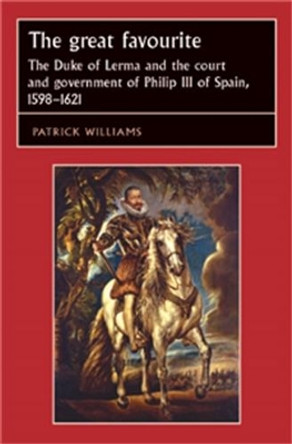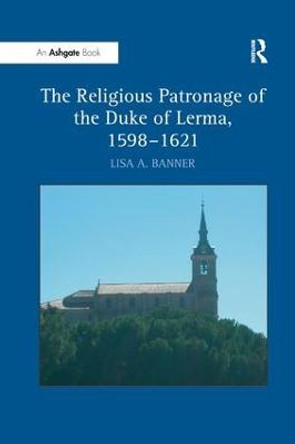The enthronement of Philip III of Spain (Philip II's son and heir) in 1598 also meant the rise to power of the duke of Lerma, the first of a series of European favourites/prime ministers who influenced greatly politics, government, court culture and the arts during the seventeenth century. This 2000 book analyses the contexts that explain the rise of Lerma, as well as discourses on kingship and favouritism, and governmental and institutional initiatives taken during Philip III's reign (1598-1621) - a key historical period for our understanding of early modern Spain. Although this book focuses on the reign of Philip III, it also addresses broader historiographical matters. How was power exercised in personal monarchies? What discourses were used to justify royal power? How was kingship publicly represented? How was favouritism conceptualized and legitimized? Was the effect of the rise of the favourite/prime minister upon the constitution of personal monarchies and on the political and ideological struggles?
A reappraisal of the reign of Philip III of Spain (1598-1621), and the king's favourite, first published in 2000.Reviews'... a wide-ranging and provocative study of the development of favouritism under Philip III of Spain.' Patrick Williams, The English Historical Review
'Feros' far-reaching discussion will be a landmark in the reassessment of this crucial period of Spanish history.' Forum for Modern Language Studies
'Feros has provided a challenging and provocative book that has undertaken the highly ambitious and difficult task of combining traditional political history with the history of ideas ... What Feros says is nothing if not thought-provoking and will repay careful and critical consideration from all specialists in early modern history.' Brill
Book InformationISBN 9780521025324
Author Antonio FerosFormat Paperback
Page Count 320
Imprint Cambridge University PressPublisher Cambridge University Press
Weight(grams) 474g
Dimensions(mm) 230mm * 152mm * 23mm








